Iran's fearless filmmaker Mohammad Rasoulof: From prison to Cannes
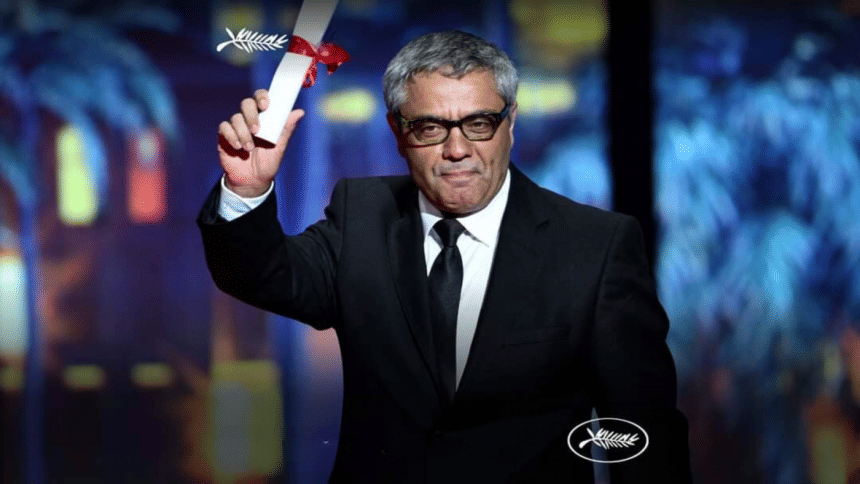
He perfected his trade in Iran's prisons, and now Mohammad Rasoulof has received a special jury prize at Cannes, confirming him as one of the world's most powerful and fearless filmmakers.
Rasoulof's film "The Seed of the Sacred Fig" tells the story of a court investigator whose family life is torn apart during Iran's women-led protests.
Collecting the prize on Saturday, Rasoulof said his heart was with the film's crew, "still under the pressure of the secret services back in Iran".
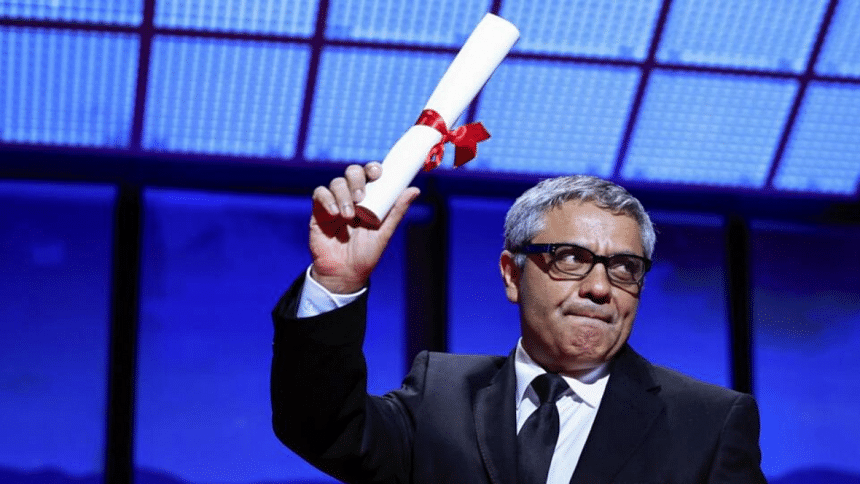
The special jury prize was awarded for "drawing attention to unsustainable injustice" in his country.
Rasoulof's uncompromising movies about repression in Iran, and his outspoken criticism of its rulers, have twice landed him prison terms, and he was facing a new eight-year sentence when he fled the country on the eve of the Cannes Film Festival.
He had already won the top prize at the Berlin Film Festival in 2020 for "There is No Evil", a searing drama about the death penalty. He was unable to receive the award because his passport was revoked in 2017.
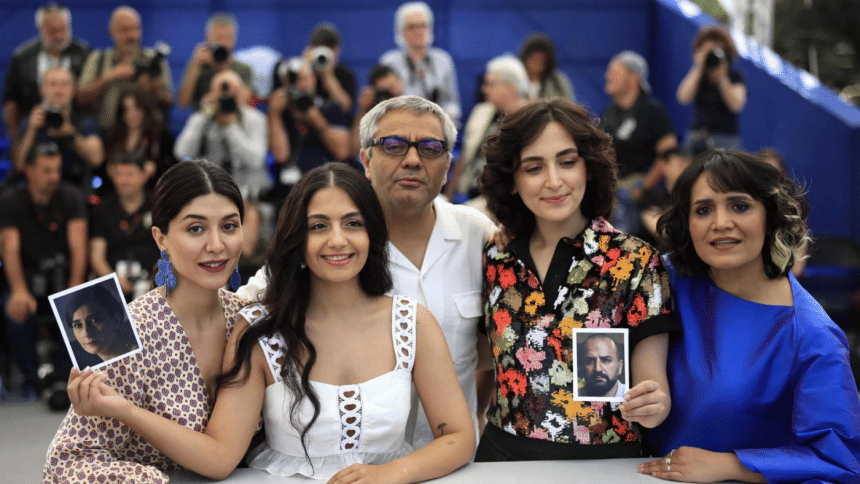
But his time in prison helped Rasoulof learn how to work underground.
"The more you spend time with interrogators, the secret police, the more you learn how to thwart them," he told AFP in Cannes.
"They show you your emails, so you learn how to write them. They show you your bank statements, so you learn when you should not have used your credit card," he said.
"I admit that it has a bit of a gangster side, my business. But prison is a good place to learn these things."
Prizes and prison
Born in 1972 in Shiraz, southwest Iran, Rasoulof studied sociology then editing in Tehran.
He began with short films before directing "Iron Island", which earned him a place in a smaller Cannes section, the Directors' Fortnight, in 2005.
Rasoulof's first stint in jail came after he tried to make a documentary along with fellow dissident filmmaker Jafar Panahi, about the mass protests that followed the disputed 2009 re-election of president Mahmoud Ahmadinejad.
He was banned from making movies for 20 years, but continued to work in secret and was accepted in the Un Certain Regard section at Cannes in 2011, winning best director for "Goodbye", which his wife accepted on his behalf.
He was allowed to attend Cannes in 2017, where he won the top prize in the same section for "A Man of Integrity". But its sharp dissection of corruption and injustice led authorities to revoke his passport.
Rasoulof was jailed in July 2022 after leading an open letter by filmmakers in support of protests over a deadly building collapse in the city of Abadan, accusing the government of "corruption, theft, inefficiency and repression".
'Believe in freedom'
In May 2024, his lawyer announced that Rasoulof had been given an eight-year sentence for "collusion against national security" that also included flogging, a fine and confiscation of part of his property.
But Rasoulof told reporters in Cannes that he had already plotted an escape plan by then, using contacts he made in prison.
Rasoulof also got the idea for "The Seed of the Sacred Fig" in prison, when he met an official who admitted he was challenged constantly by his children over his work, and thought regularly about hanging himself in front of the prison doors.
"I am also very sad, deeply sad, to see the disaster experienced by my people every day... the Iranian people live under totalitarian regime," he said Saturday.

 For all latest news, follow The Daily Star's Google News channel.
For all latest news, follow The Daily Star's Google News channel. 
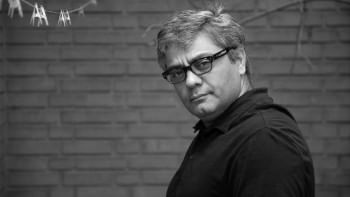






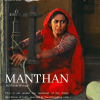


Comments